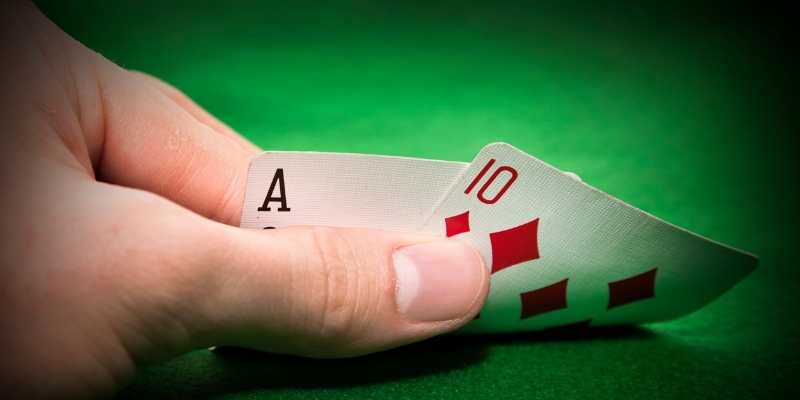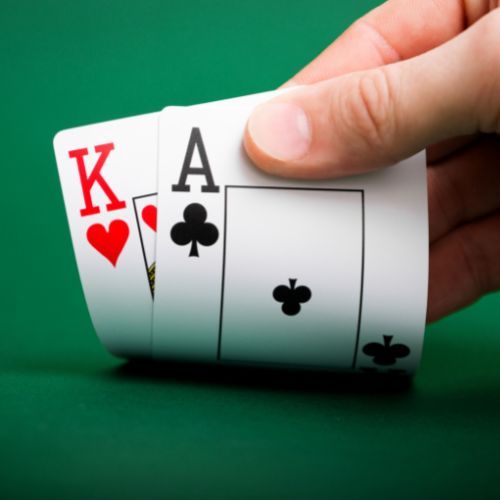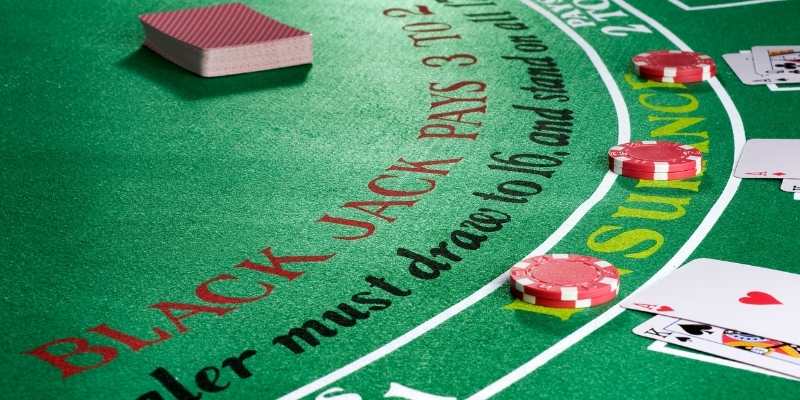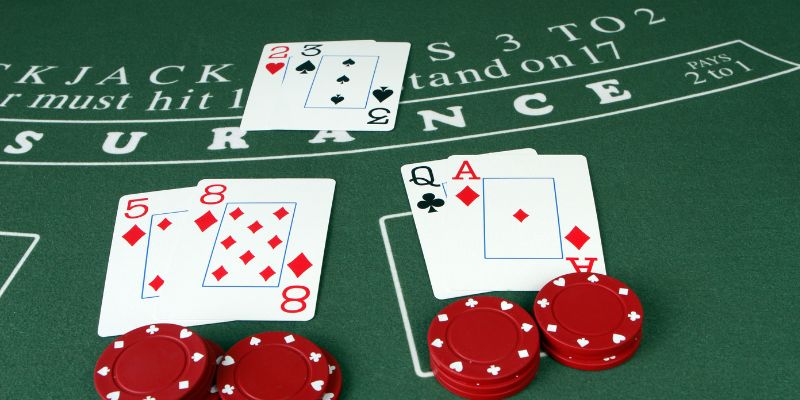Becoming A Professional Blackjack Dealer
Blackjack is one of the quintessential casino games around. It exudes a sense of coolness that other games lack, and blackjack dealers are the coolest cats around. Learning how to deal blackjack is a dream for many out there, and now you can find out exactly what is needed to get you into that coveted croupier seat at the hottest casinos in town.
Blackjack Payouts and Working Them Out
One of the most important parts of dealing blackjack is learning about working out and understanding blackjack payout. After all, the winning is where it’s at.
In blackjack, payouts are determined by the specific rules of the game being played. The most common payout for a winning hand is 1:1, also known as even money, which means the player receives a payout equal to their original bet. For example, if a player bets $10 and wins, they will receive $10 in winnings, plus their original bet of $10, for a total payout of $20.
Another common payout in blackjack is 3:2, which is typically offered when a player is dealt a natural blackjack (an ace and a ten-value card) and the dealer does not also have a natural blackjack. This payout is higher than even money, with the player receiving a payout of 1.5 times their original bet. For example, if a player bets $10 and is dealt a natural blackjack, they will receive $15 in winnings, plus their original bet of $10, for a total payout of $25.
Other blackjack payouts may be offered, such as 2:1 or 6:5, depending on the specific rules of the game being played. It’s important to check the payout rules before playing, as they can greatly affect the player’s expected return on their bets.
Adding The Cards Up
An important thing to understand when you’re learning how to be a blackjack dealer is that quickly and effortlessly tallying up the card totals in blackjack is important. It allows players to make strategic decisions based on the current state of the game and helps them avoid going over 21, which results in an automatic loss. The ability to quickly and accurately count cards is a key skill in blackjack and can give players an advantage over the house if used effectively.
Pulling The Cards
When you’re the blackjack dealer at a professional blackjack table, you are the master of the cards. When players indicate to you that they want to hit, they will tap the table, point to their cards, or make a verbal request for another card (“Blackjack hit me”). The dealer – that’s you – will then deal another card face-up to the player, who can continue to hit until they are satisfied with their hand or they bust by going over 21.
Managing The Float
As the blackjack dealer, you’re also the money man. You control the float and, sometimes, that means you have to make hard decisions about when you refill said float. During a game, the dealer should refuse to refill the float, or the chips used to pay out winning bets, if doing so would exceed the maximum limit set by the casino or if the dealer suspects that the chips are counterfeit or have been tampered with. Additionally, the dealer may refuse to refill the float if they do not have enough cash on hand to do so.
The Hole in the Table
When you learn how to deal blackjack, and you become a professional blackjack dealer, your table will be your castle. And so, you need to understand every component of that table and how it will affect your players’ games.
The ‘hole in the table’, also known as the chip tray, is a component of the blackjack table that holds the chips used in the game. The tray is typically made of a durable material such as metal or plastic and is located in the center of the table. The chip tray makes it easy for players and dealers to access the chips during the game and helps to keep the table organized.
Ensure Perfect Posture
Professional blackjack dealers often set the tone for the entire casino. Blackjack is a crowd-pleaser – other gamblers and casino visitors often gather to watch the blackjack players at work – and so, as the dealer, you will need to ensure that your appearance, including your posture, is on point at all times.
Why posture, you may ask? Well, great posture is necessary and professional for blackjack dealers because it communicates confidence, attentiveness, and respect for the game and the players. Good posture also helps dealers avoid fatigue and back pain, which are common problems associated with sitting or standing for long periods of time.
Practice Card Shuffling
Blackjack dealing is an art form and we all know that practice makes perfect. Proper card handling is crucial for blackjack dealers because it ensures the integrity of the game and helps prevent cheating or mistakes. By shuffling, dealing, and collecting cards in a consistent and secure manner, dealers can maintain the trust of the players and create a fair and enjoyable gaming experience.
Conclusion
And there you have it – all the tips, tricks, and info you need to make your professional blackjack dealer dreams come true! Blackjack dealers are the elite of many renowned casinos worldwide and understanding the nuances of professional blackjack, etiquette, difficulty, and skill involved in becoming a dealer is vital for success.
Becoming a blackjack dealer requires a combination of technical skill, mental agility, and social finesse. Blackjack dealing can be challenging and demanding, but it can also be rewarding and exciting, and can provide you with opportunities to interact with a diverse range of people and participate in a fast-paced and dynamic industry. With the right training, dedication, and attitude, anyone can become a successful blackjack dealer and enjoy a fulfilling career in the gaming and hospitality sector.






